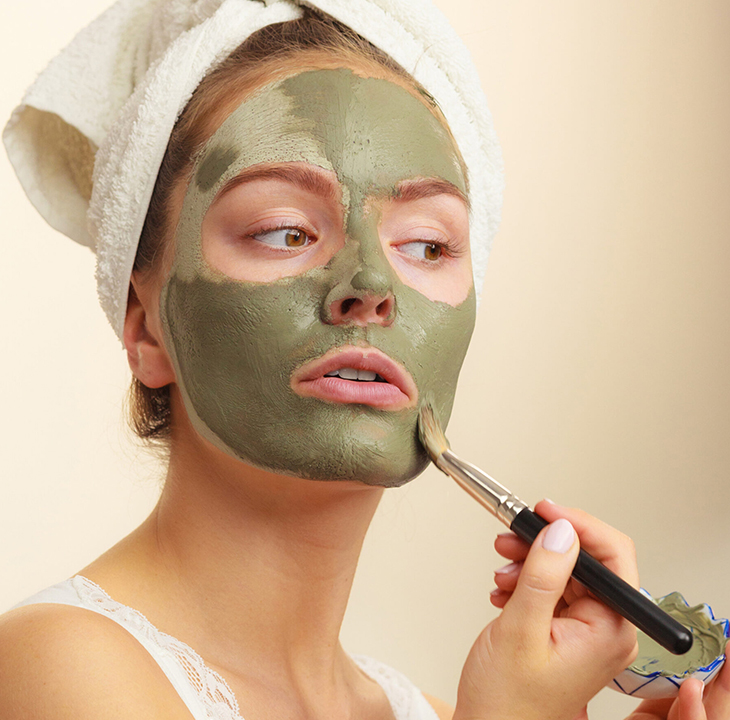Did you know that as well as providing useful habitats for marine life, and tasty wraps for sushi rolls, seaweed can work wonders for your skin, too?
“For many years, the beneficial effects of seaweed have been overlooked,” says Katy Rowe, founder of Maiiro, the Guernsey-based skincare brand that uses a blend of five seaweeds in its products. “Only in the past decade has in-depth research been done to understand the enormous potential of this amazing resource. You can eat it, bathe in it, use it as manure and, of course, use it as part of your skincare regime.”
That’s because seaweed, which is the common name for a range of species of ‘macroalgae’, contains a large variety of skin-loving nutrients. Here’s how the marine superfood could help your complexion.
Anti-ageing

“Many of the long list of nutrients found in seaweed have a role to play in the strength, tone and elasticity of our skin,” says Ms Rowe, with vitamin C being one of the most important in terms of skin ageing. “Collagen fibres weave together to form a network within which new cells can grow, giving the skin its structure and strength,” but as we get older, collagen production declines.
“According to research the enzymes that stimulate collagen biosynthesis are dependent on vitamin C as a co-factor,” Ms Rowe says. Using skincare rich in vitamin C can support collagen production.
Antioxidants
While the nutrient content of different seaweed species varies, the types selected for skincare use tend to be rich in antioxidants.
“As an example, manganese and vitamins B2, C and E are all credited with the ability to help protect cells from oxidative stress,” Ms Rowe says. “Further support comes from iodine, and vitamin B2, which are shown to contribute to the maintenance of skin.”
Antioxidants are important because they help protect against harmful free radicals, chemicals “produced within the body as a result of oxidation, which over time can be incredibly damaging to your cells”.
Inflammatory skin conditions
All skin types can benefit from macroalgae extracts, but they’re particularly effective if you suffer from rosacea, psoriasis or eczema.
“You are probably aware that inflammation is part of the problem with these skin complaints,” Ms Rowe says. Throughout the day, your skin is exposed to substances that create free radicals, such as UV rays, pollution and chemicals in household products. “The skin is the site of multiple oxidative reactions, and as such the need for adequate antioxidant defences is essential.”
Acne
Inflammation is also an aggravating factor for acne, which is why seaweed skincare can help prevent and soothe spots. “It promotes healing and restores balance; great for skin experiencing excessive oiliness, dryness [or] flare-ups of acne,” Ms Rowe says.
She suggests combining a seaweed soap or cleanser with a targeted spot treatment when breakouts occur.
What skincare products do you use? How often do you treat yourself to a face mask? Let us know in the comments section below.
Also read: Could rose skincare give you healthy, glowing skin?
– With PA

